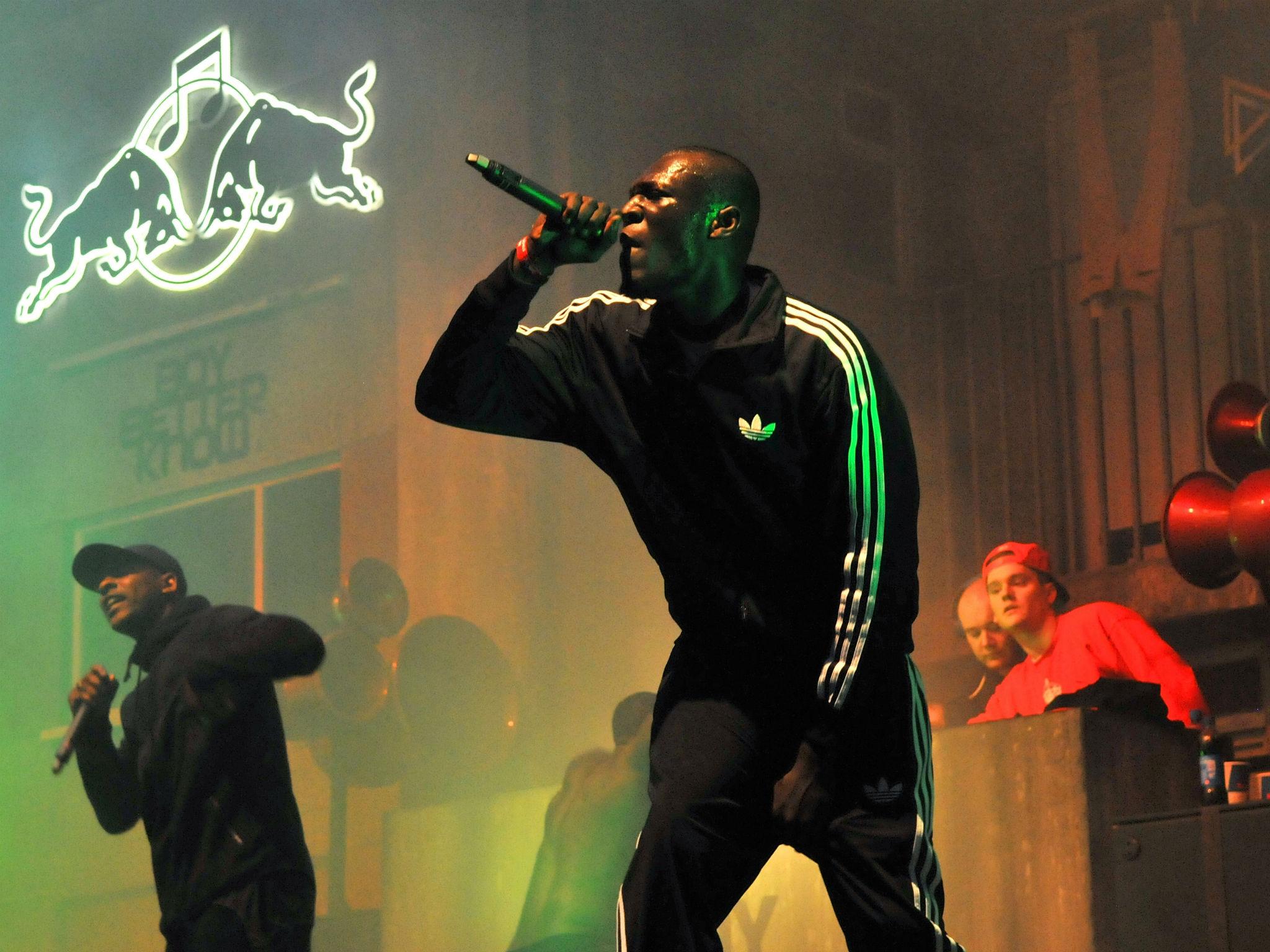The Independent's journalism is supported by our readers. When you purchase through links on our site, we may earn commission.
Of course Stormzy’s neighbours thought he was a burglar – they can’t imagine a black man becoming successful
The story of an award winning black man returning home to his Chelsea flat doesn’t fit the white narrative. A black man trying to break in does

Your support helps us to tell the story
From reproductive rights to climate change to Big Tech, The Independent is on the ground when the story is developing. Whether it's investigating the financials of Elon Musk's pro-Trump PAC or producing our latest documentary, 'The A Word', which shines a light on the American women fighting for reproductive rights, we know how important it is to parse out the facts from the messaging.
At such a critical moment in US history, we need reporters on the ground. Your donation allows us to keep sending journalists to speak to both sides of the story.
The Independent is trusted by Americans across the entire political spectrum. And unlike many other quality news outlets, we choose not to lock Americans out of our reporting and analysis with paywalls. We believe quality journalism should be available to everyone, paid for by those who can afford it.
Your support makes all the difference.Last night, the Metropolitan police attended an alleged report of a person conspiring to burgle a Chelsea flat. After kicking the door down, they “found there to be two lawful occupants inside”, and no burglary. The supposed burglar was UK grime artist Stormzy. The home in question, and the broken door, was his.
Before his returning home, Stormzy had been at an awards ceremony. But the story of a successful black man going home to his West London flat does not fit the narrative. The black criminal thug who needs to be controlled does. This is what African American philosopher George Yancy calls ‘the white gaze’.
With its antecedents in Transatlantic slavery, this is not just an individual gaze, but a structural logic that threatens to engulf us all. This is a gaze that erases the humanity of black people. Looking through the white gaze, too often, white people generally, and white police officers specifically, do not see black people. What they see instead is a figment of their imagination: an imagination that has been collectively constructed for centuries. In the place of black humanity, they see The Black monster.
Certainly, Stormzy is not alone in his experience. It bears a striking resemblance to that of Henry Louis Gates Jr, a Black Harvard Professor. Gates Jr was locked out of his own home in a predominantly white middle-class area. As he and his driver attempted to push open the door, a neighbour called the police. According to Gates Jr, the police officer that arrived failed to identify himself and despite his walking with a cane, treated him as a threat.
Like Stormzy, Gates Jr has the profile to challenge what happened. As he acknowledged however, this isn’t the case for most black people who come into contact with the police.
This certainly wasn’t the case for David Oluwale, a Nigerian migrant who police harassed and hounded to his death in 1969. In court, Oluwale was described as a “miniature Mr universe” who evoked fear in those he came into contact with. But the testament of others suggests this was entirely inaccurate: nothing more than racist police officers refusing to see David Oluwale for the man he was, instead they saw only the black monster.
In 1993, as police officers let Christopher Alder lie dying on the floor of a police station, tI do not believe they saw the humanity of that black man. They did not see a man (who had in fact been a complainant in an attack) in need of their help and compassion. Instead, I believe they saw another disposable black life.
This is the same white gaze that allowed police officers in the US to see a criminal black man with a deadly weapon, instead of a young boy with a toy gun. The same white gaze that saw a young Trayvon Martin carrying a bag of skittles appear as a threatening criminal not worthy of life. The same white gaze that allowed a conservative commentator to argue that Brown wasn’t unarmed, but was “armed his incredibly strong, scary self”.
Until we meaningfully grapple with how our societies distort representations of blackness, these instances will keep on happening: black humanity will continue to be reduced to the white imagination’s black monster.
Join our commenting forum
Join thought-provoking conversations, follow other Independent readers and see their replies
Comments